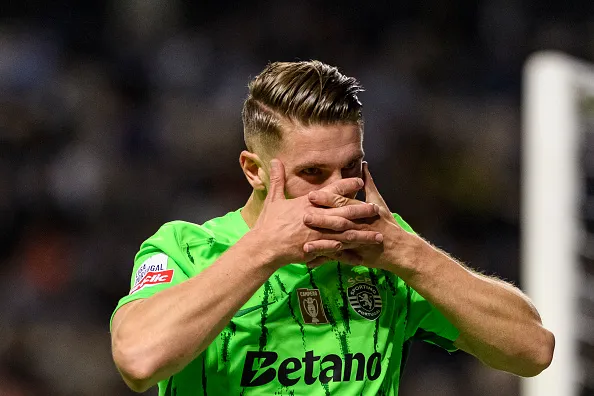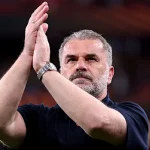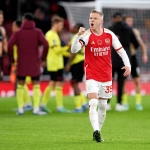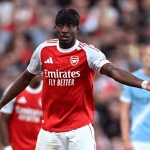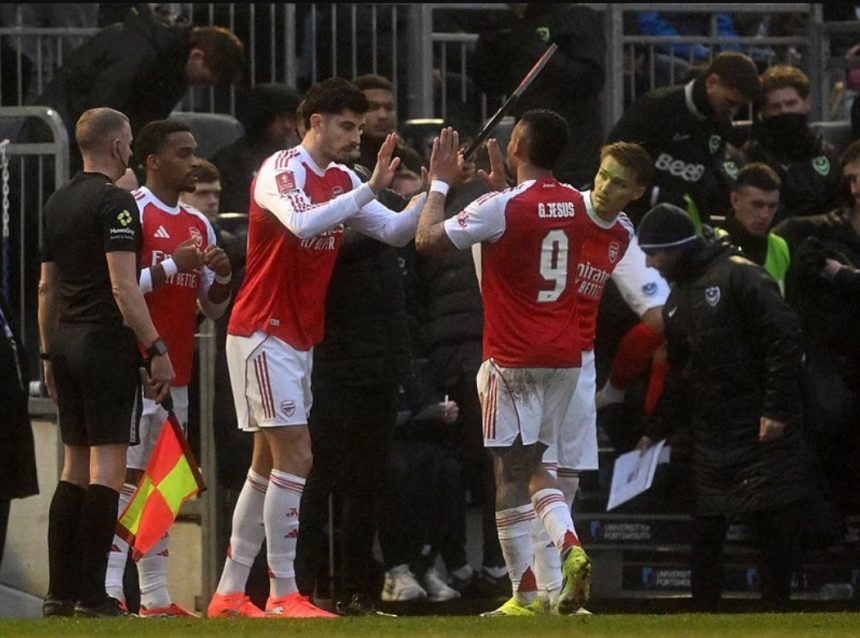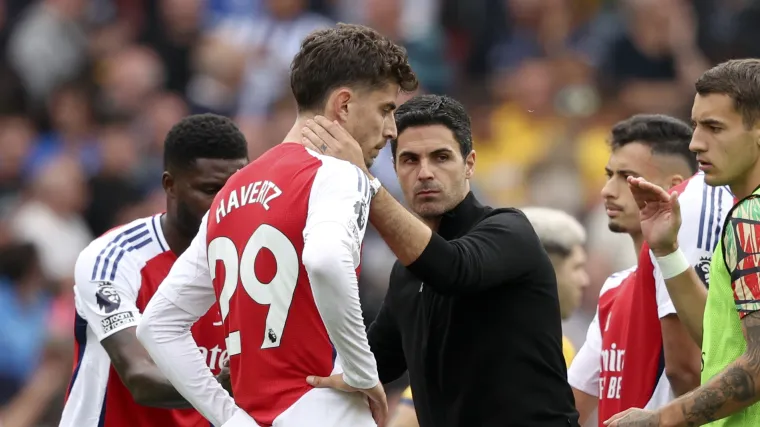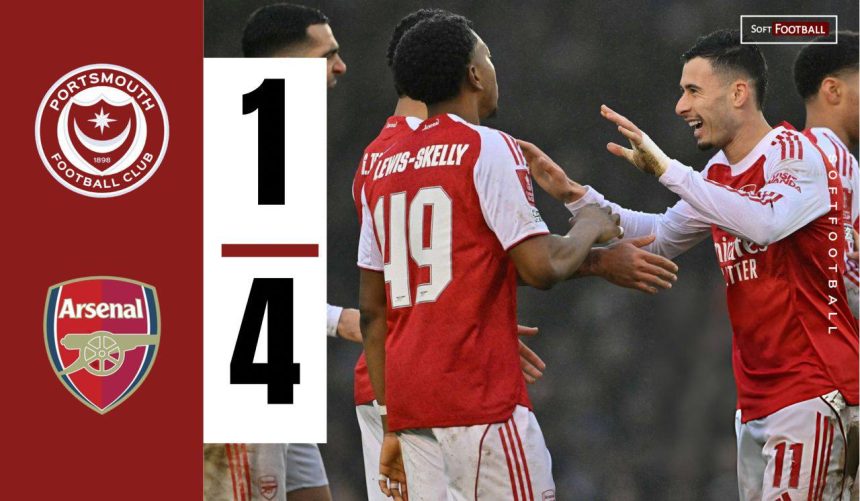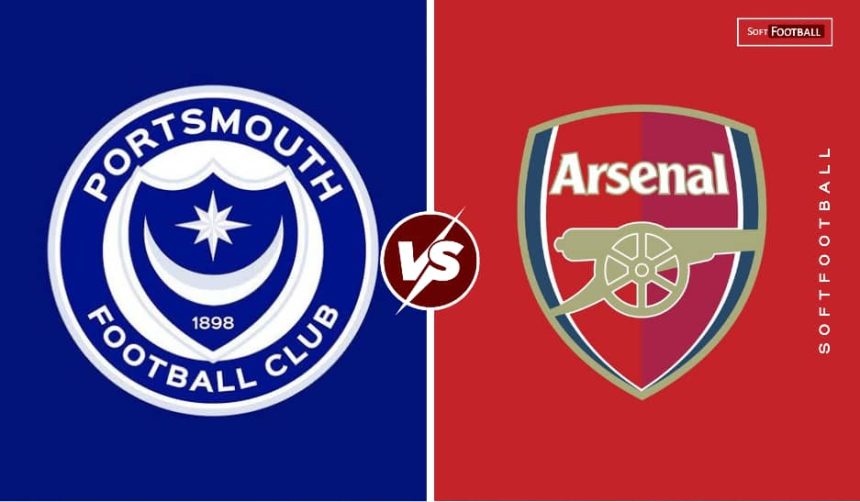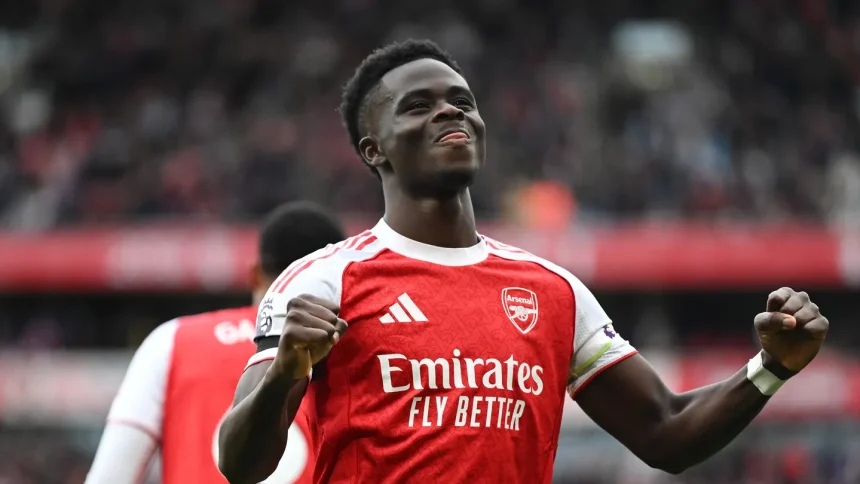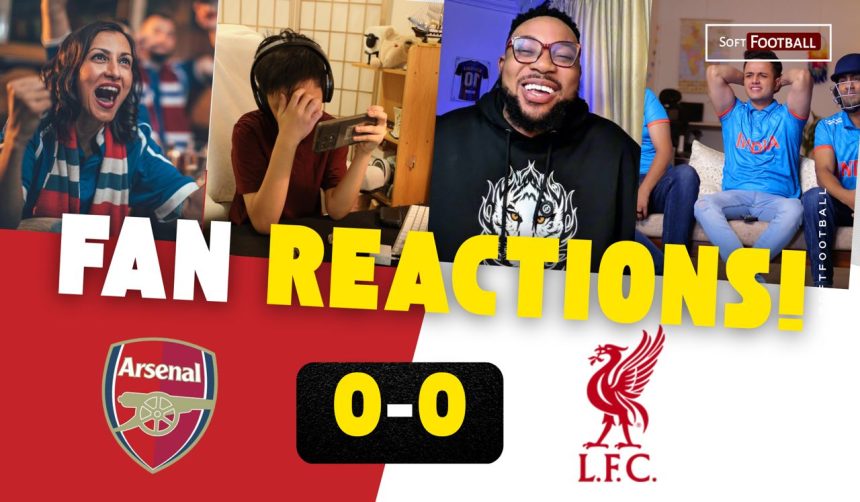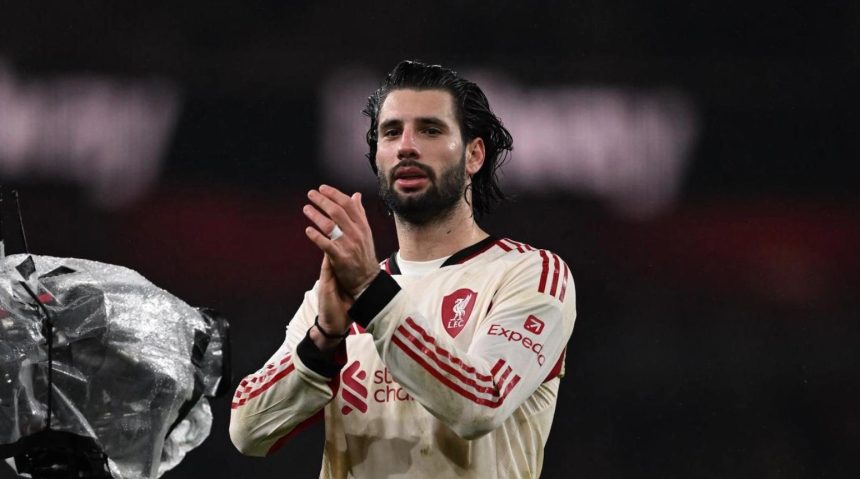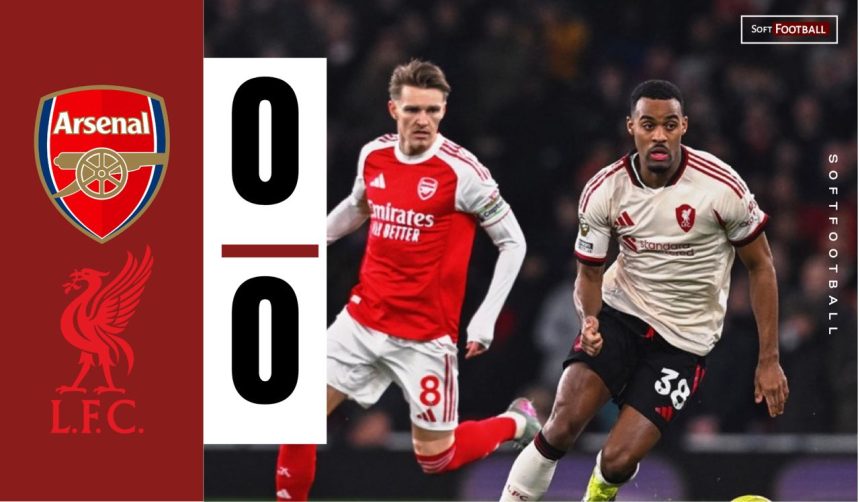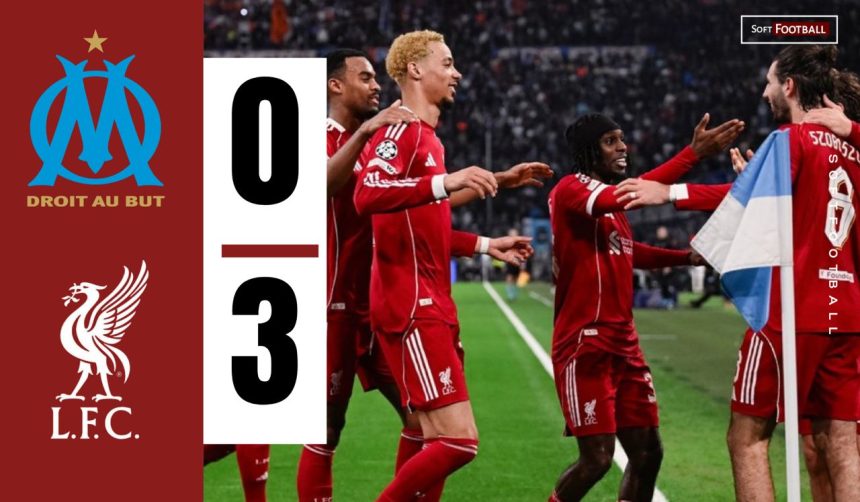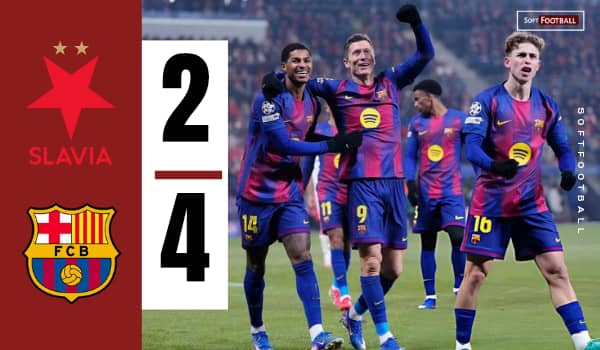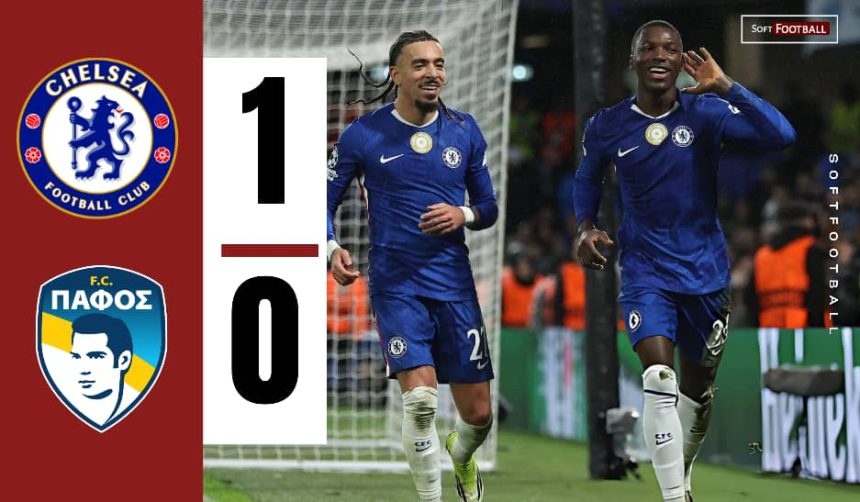After leading Arsenal to three consecutive second place finishes in the premier league, Arsenal manager Mikel Arteta has refreshed his strategy in the transfer market as looks to win the league.
In x-raying the Gunners failure to win the premier league since 2004 or the UEFA Champions League in their history, Softfootball examines small margins that could have turned Arsenal into winners.
After the first leg of the semi-finals of the Champions League against PSG, some Arsenal fans believed the Gunners would have won the match if Mikel Merino had featured as a striker in that game instead of Leandro Trossard, who was swallowed by the French side’s defence.
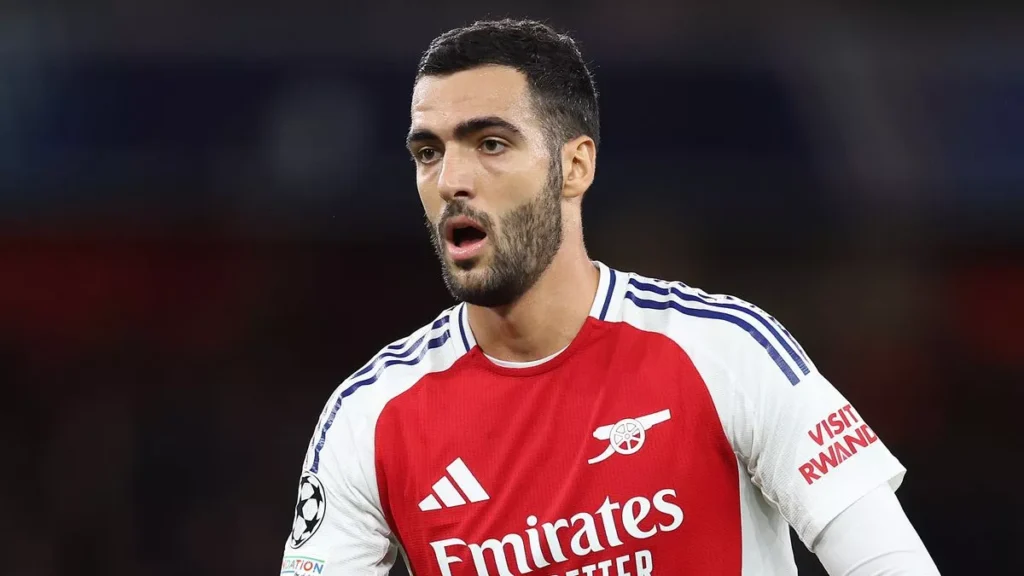
This point of view was anomalous because Merino is a central midfielder; however, he had been forced to play as a striker after all Arsenals’ centre forward options were forced to take an extended holiday at the doctor’s office.
However, as strange as the Merino situation might sound, Arsenal haven’t had a traditional striker of rebute since the departure of Aubameyang.
They signed Gabriel Jesus but he is not an out and out striker, Kai Harvertz had deputized in the role to a large degree of success but he was brought to club to replace Granit Xhaka in midfield.
Even with this, Arsenal have had a scary attack in the seasons before the last one, and it is generally believed that without the interruption by injuries, the Emirates Stadium outfit would most likely mount a more challenging push for the EPL title last season.
The Gunners did not have a single player in double figures of goals last season; they lost 21 points from winning positions, and if it wasn’t for their solid defence, their inability to kill off games would have been severely punished even more.
That is why the call for a striker to arrive at the Emirates is far louder this summer than it has even been during the reign of Mikel Arteta. However, signing a striker is not just putting the missing piece in place for Arteta’s team; it will mark a tactical shift from the norm.
Tactically, the Arsenal manager loves to dominate and prefers his forwards to be flexible; he is not given to the old school centre forward type that was why Eddie Nketiah did not find much success at the Emirates.
When he decided to sign a striker earlier, he settled for Jesus, a forward who could help with build-up play and seamlessly dovetail to other positions on the pitch at a moment’s notice, which offers Arsenal tactical flexibility in games.
The downside to this system, however, is that they suffer from a lack of presence in the box; they lack the player who could occupy defenders and run the channels.
Gabriel Jesus’ absence was confirmed after Arsenal announced a serious knee injury. Fabrizio Romano reported via his X handle that:
“🚨⚠️ Gabriel Jesus has sustained an injury to the anterior cruciate ligament in his left knee, Arsenal confirm.
“Season over for the Brazilian striker.”
When injuries took Jesus out of the equation, Arteta found success by playing Havertz as the team’s target man. He offers everything Jesus did, with the added advantage of being 6’4″ — helping to occupy defenders in the box and create chaos.
However, Havertz’s instinct is to help with the build-up and not play on the shoulder of the defender; he is quite good at running the channels, too, but he does not do it consistently like a traditional striker would.
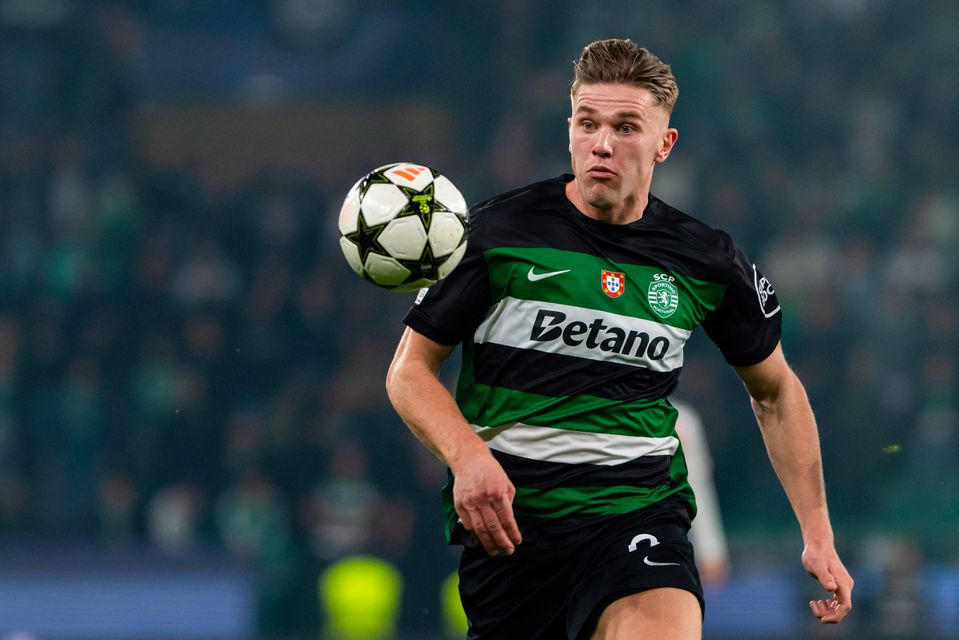
Now, Viktor Gyokeres will soon be among the equation as the North Londoners are set to break the bank for his services after initial after add-ons delay as reported by BBC Sport.
The Gunners endured Sporting Lisbon’s frustration to bring the Swedish striker to the Emirates. Unlike the forwards available to Arteta, Gyokeres thrive on a more direct system; the intricate passing and slow build-up that we associate with Arsenal may not suit his style.
However, Arsenal handlers are aware of this situation; Arteta’s technical team would not sign a player if they didn’t have a plan and have an idea of how he fits into the system. We could be witnessing a move to a more direct system from Arsenal.
Gyokeres’ signing could be less of an evolution of Arteta’s style but more of a reset from the norm altogether.


